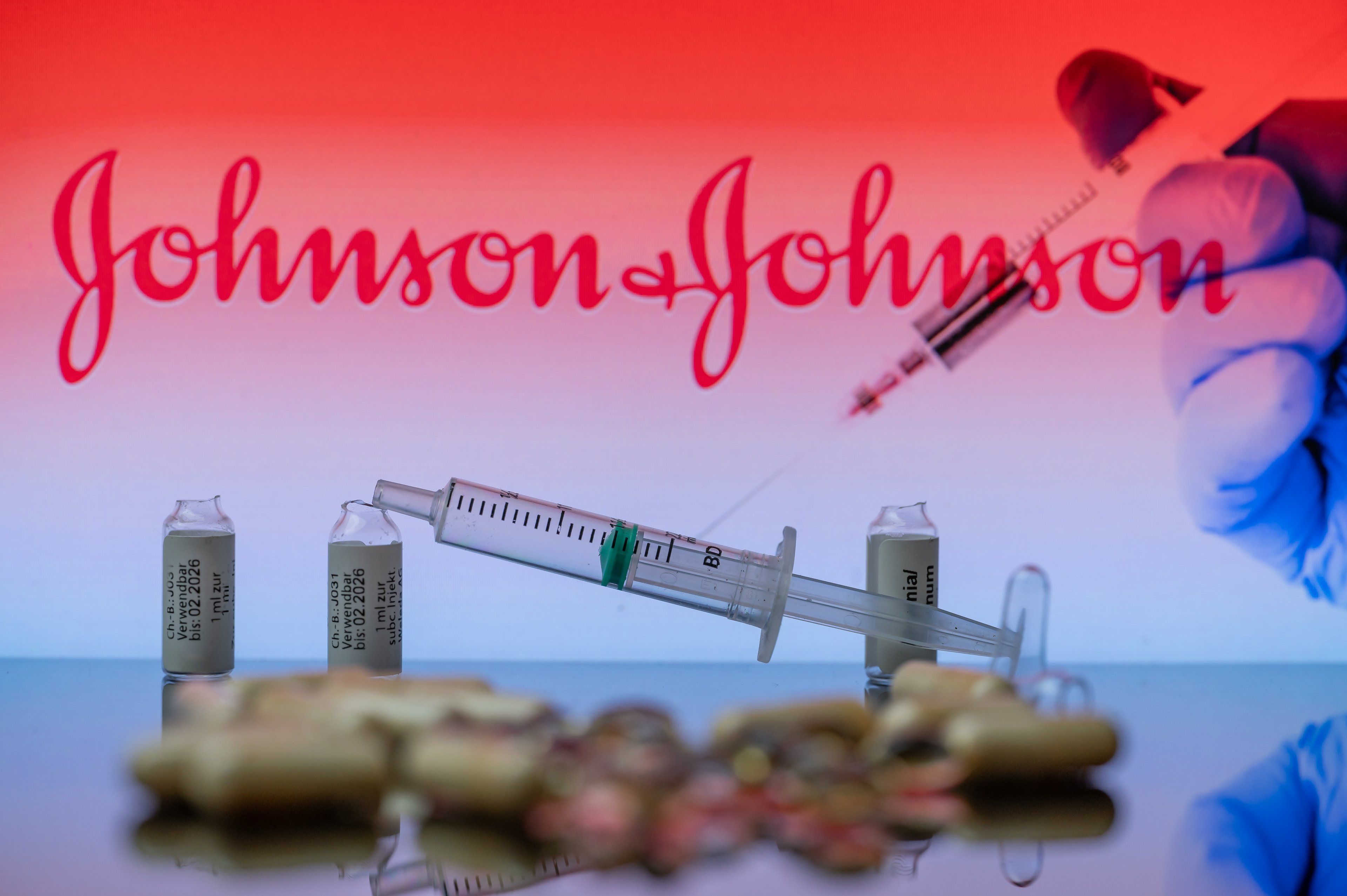Some big names took important steps toward approval last week. Johnson & Johnson, (JNJ 0.66%) and partner Alkermes (ALKS +0.20%) got the schizophrenia results they needed early. On the hemophilia field Novo Nordisk (NVO +2.56%) gained on Biogen Idec (BIIB +0.87%). But clearly, the biggest winner last week was Amgen (AMGN 1.22%) with two late stage victories.
Good enough to quit early
On Thursday, Johnson & Johnson scored a big win in a notoriously difficult field. An independent data monitoring committee halted a phase 3 study of the Invega Sustenna three-month formulation in adults with schizophrenia. The trial enrolled 509 patients, but was considered a success after just 42 relapses occurred, due to the drug generating a statistically significant delay in time to relapse.
Sales of the one-month formulation grew from $796 million in 2012, to $1.25 billion last year. If the three-month injection leads to more sales, it will hardly move the needle from the $71.3 billion Johnson & Johnson posted last year. But, its delivery tech partner, Alkermes stands to gain a great deal more.
Manufacturing and royalty revenue from Invega Sustenna comprised 21% of Alkermes' revenue in the quarter ending September 30, 2013. If the three-month formulation wins approval, the 9% royalty the company earns on the drug's sales over $500 million could give its top line a nice bump.
A great bleed rate
On Wednesday, Novo Nordisk narrowed the gap between itself, Biogen Idec and Bayer. The trio are racing toward approval of a longer lasting, factor 8 therapy for hemophilia A patients. Novo reported success in the first of four phase 3 trials for its N8-GP. The therapy is similar to its already approved Novoeight, but requires less frequent injections.
Biogen submitted an NDA for its factor 8 therapy, Eloctate, to the FDA 10 months ago, so N8-GP isn't likely to be the first to market. The good news for Novo is that it might be able to elbow its way into the market with efficacy data. In the 186-patient trial, Novo reported a median annualized bleed rate of 1.3, thumping Eloctate's rate of 3.6. It's not fair to make an apples-to-apples comparison of the two until Novo completes more studies and releases all of its data, but so far so good.
Positively infectious
Amgen takes the cake this week with positive results from two potential blockbusters. California's biotech behemoth posted exciting data from its cancer vaccine, talimogene laherparepvec, or T-Vec. Much of the immune-oncology focus has shifted away from vaccines to checkpoint inhibitors, mainly due to a lack of positive data. T-Vec, so far, is proving to be quite the exception. In a study with advanced melanoma patients, nearly two-thirds of lesions injected with T-Vec shrank by 50% or more.
T-Vec is actually a virus that infects cancer cells. Once inside, it forces them to secrete proteins that fire up an immune response, then causes the cell to burst. This is one virus that you want to spread -- to metastasized tumors. Recent data suggests T-vec gets around surprisingly well.
A 6 trial winning streak
Amgen also posted its 6th consecutive phase 3 success with PCSK9 candidate evolocumab. The cholesterol-lowering therapy is arguably leading the race, but the finish line is a long way off. Amgen has 10 more phase 3 trials in progress, but there's one that you should pay particular attention to.
There is increased concern that statin therapy and lower LDL cholesterol may not be as tied to a reduction in cardiovascular events as has been believed. The five-year Fourier trial is designed to measure the rate of heart attack and stroke in patients on statins alone, versus patients on both statins and evolocumab. Even if the therapy wins approval, much of its commercial success may hang on this trial.










